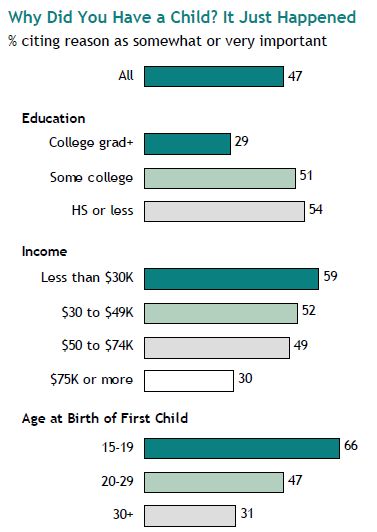A huge number of Public Service Announcements (PSAs) have been devoted to the topic of disability, but capturing disability in 30 seconds is like editing War and Peace down to a novella. You might get the message, but it’s rarely the full picture. But that isn’t to say PSAs can’t be poignant, effective, and positive.
Disability-related PSAs cover a wide range of topics, but generally there are three main categories that the message falls into: how people with disabilities are viewed/treated by society, their value in the job market and society, and what their lives are like. Although these are pretty straightforward messages, there is a great deal of variety in the ways in which these basic messages are presented.
First, there are those that I like to call the “twist ending” PSA, where you see a person doing something difficult or exciting and it is not revealed until the last few seconds that the person in question has a disability. These are a very common form of PSA and they are meant to challenge the assumption that disabled people can’t do things that an able-bodied person can do. They show that disability does not stop people from living a successful and exciting life. The revealing of the disability at the end is meant to get an emotional reaction from the viewer. It’s meant to surprise and to get the viewer to rethink the capabilities of people with disabilities.
Second, there are the “interview gone wrong” PSAs that show the unfair scrutiny placed on job candidates with disabilities. Usually this involved one or more insensitive able-bodied people asking inappropriate or condescending questions to a job candidate. Sometimes it’s presented in humorous way, where the bumbling interviewer unintentionally offends the applicant over and over again. These try to show you the kind of discrimination and misunderstanding that can happen in the workplace (sometimes in an exaggerated manner).
Finally, there are PSAs there are the “just like us” PSAs that show people with disabilities talking about their lives or doing something ordinary. The message is simply to show what it’s like to be disabled. Sometimes these PSAs are used to describe the extra challenges disabled people face from day to day, like inaccessibility or being constantly forced to prove their intelligence and worth. They also show that disabled are pretty much like everyone else and want the same rights and privileges. This is one in a series of animations of real interviews:
This one also shows a person with a disability doing something ordinary, but also shows how the simplest actions are often misjudged by able-bodied people:
Since disability is a broad but personal topic, I am curious to see which style you find most compelling. I feel that the ”twist-ending” PSAs have an unintended negative undertone. I understand that the point they are trying to get across is that people with disabilities can be super successful, skydive, ride a horse, or do anything they want. But I feel the problem here is twofold. First, the “surprise” ending paints the person as a novelty and reinforces the thought that people with disabilities don’t normally do awesome things. They are expecting the viewer to be shocked that the person relating her amazing skydiving experience is blind. Second, it doesn’t take into account that there are people that can’t jump out of a plane or work a traditional 9-5 job. These people can enjoy an exciting and fulfilling life too. So I feel like these types of PSAs are excluding a lot of people.
The ”interview gone wrong” PSAs can help the viewer see how ridiculous the stereotypes can be by making fun of the person who stereotypes the job candidate. But some people may feel that this message trivializes the disproportionate amount of scrutiny people with disabilties face in the job market. I would not be surprised if many suc people have been in a similar work situations and it’s probably not so funny then.
Personally, I think the creature discomfort videos have the most straightforward and effective message. Having real people describe their experiences reveals that they have basically the same desires as everyone else. If the goal of the PSA is to put a human face to disability, then what better way is there to do so than to listen to actual people. Some may think that using animated animals instead of actual people is a cop-out since it avoids engaging the viewer with disability directly. But I don’t think the animals are used just to make disability friendly to the eye (although it’s possible that that plays a role). I’m thinking they used the animals because they are relate-able but very attention-getting, probably more attention-getting than video clips or animations of people.
I am curious to see which style you find most compelling and why.
———————
Lauren McGuire is a SocImages intern and an assistant to a disability activist. She recently launched her own blog, The Fatal Foxtrot, that is focused on the awkward passage into adulthood.
If you would like to write a post for Sociological Images, please see our Guidelines for Guest Bloggers.






